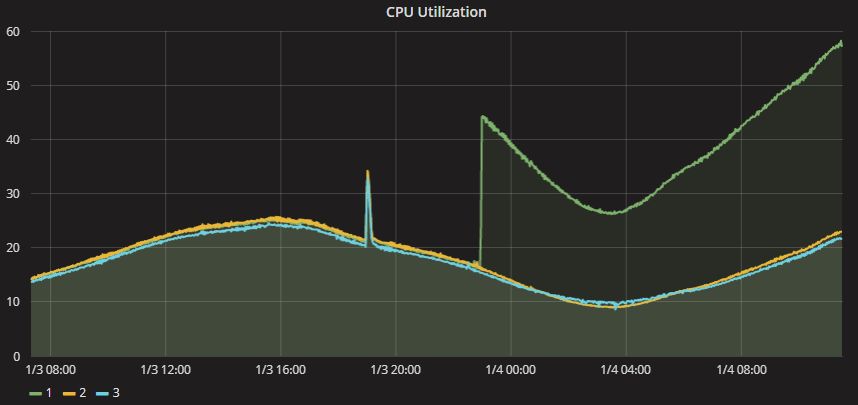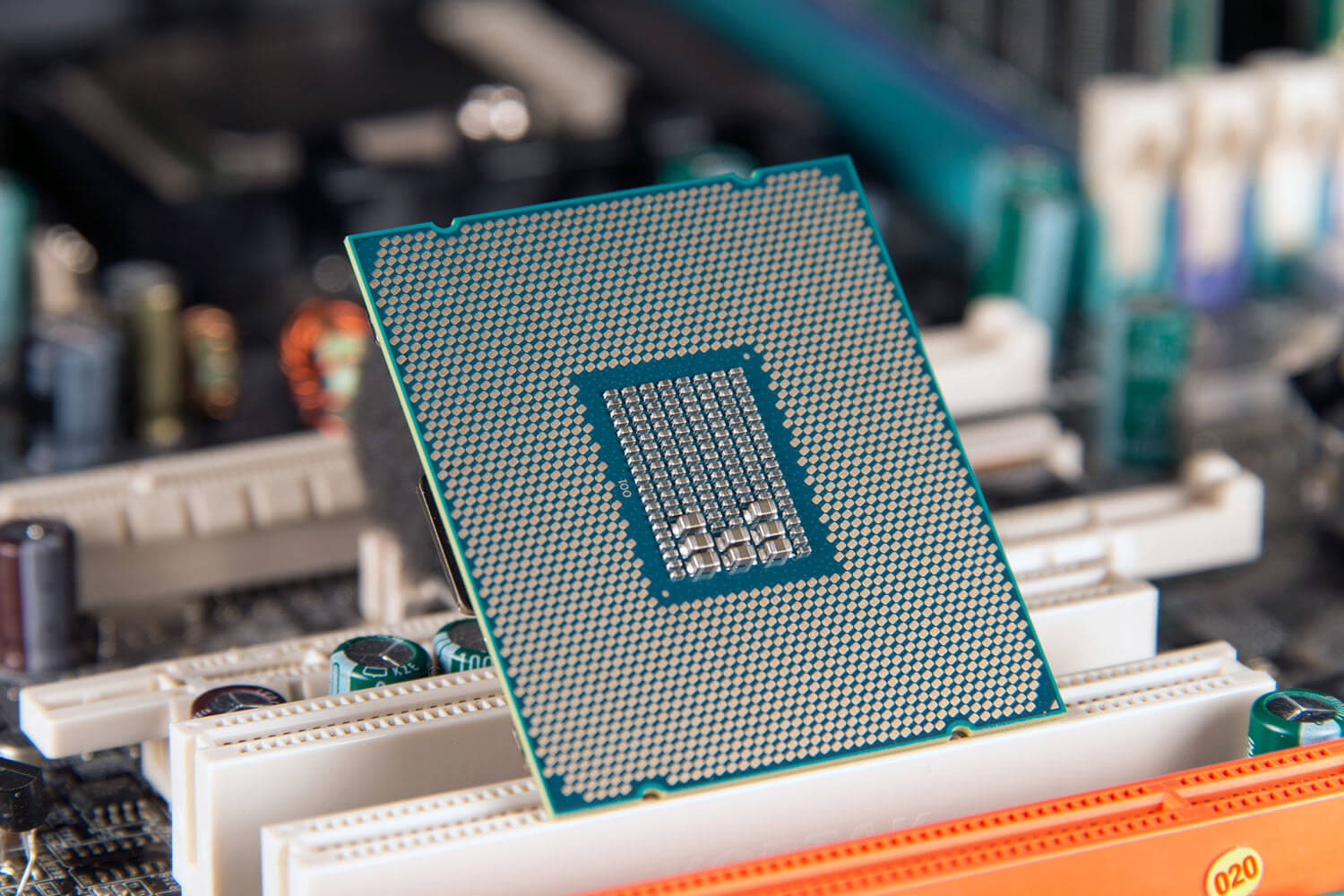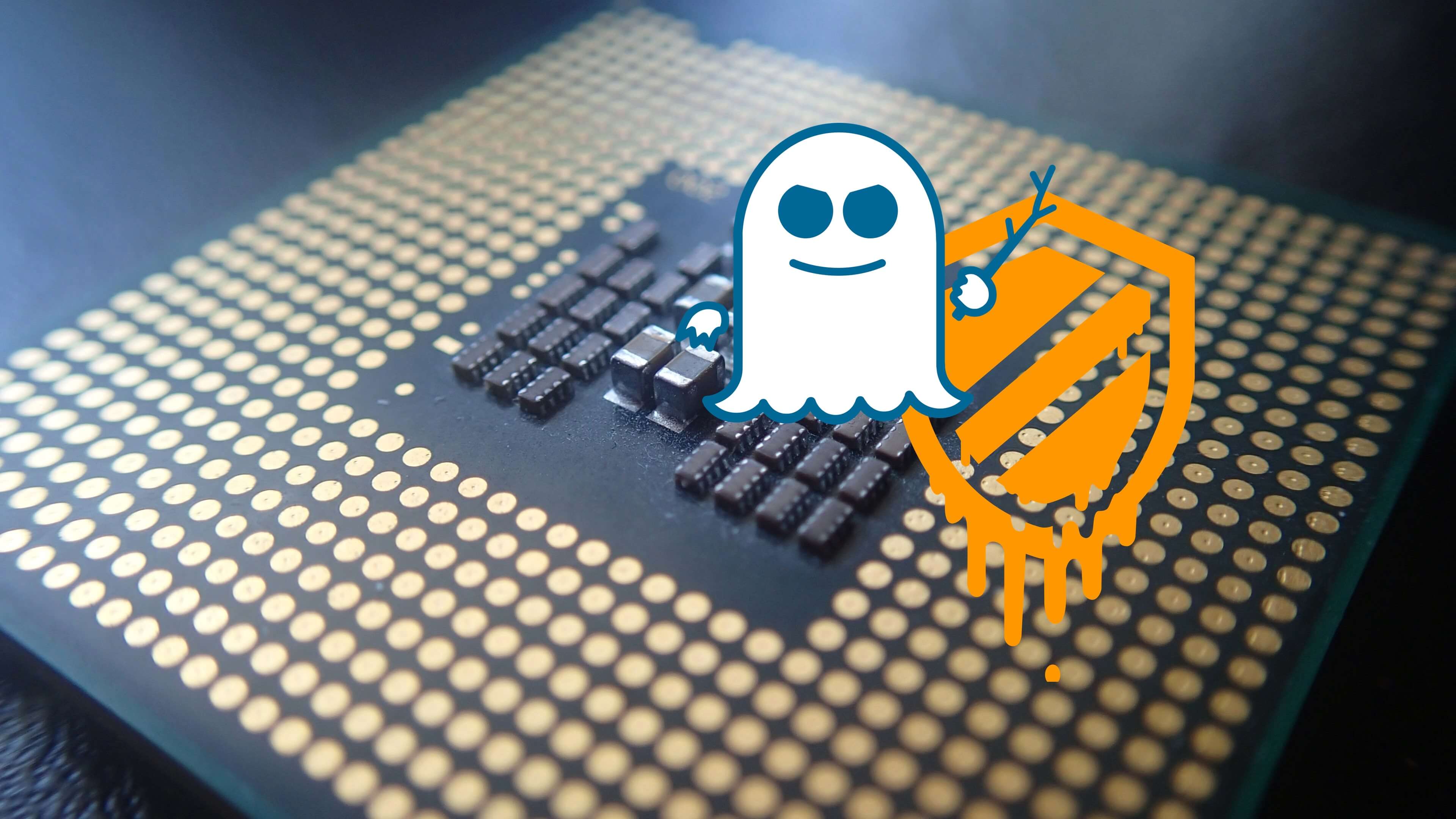Conclusion, So Far

We're not sure if this is something you're going to see others reporting or if it was just an issue we ran into with our particular hardware configuration. We've come across a test done by Guru3D which shows up to a 33% reduction in performance with the Samsung SSD 960 Pro 2TB NVMe drive and this was for a 4KB queue depth of 32 test, so that's somewhat in line with what we saw. They didn't test with Atto unfortunately though.
They also tested with an Asus motherboard – since they're the first to offer patched firmware – which opens the possibility it's an issue with the Asus BIOS update and they'll be able to address it, or possibly this just what the band aid looks like? Time will tell. We should also note that we were able to revert the BIOS back to a previous version and doing so reverted to the original SSD performance.
Horrible storage performance aside we consistently saw less than a 5% reduction in gaming performance, you're looking at around a 3-4% drop for the most part when CPU limited, less when GPU limited. SSD performance doesn't impact frame rates, we've seen this when comparing slow hard drives with ultra snappy SSDs, there's really nothing to gain there. Where a drop in storage performance can hurt is with game load times, something we'll dive into in the future should our storage figures prove accurate.

Then we have the more commonly used applications like Excel and 7-zip which seem unaffected, and we found little to no impact for those doing content creation type work as well.
But what about older CPUs? Your Wells, Bridges and older 45nm models? As it stands right now we can't test those. It's possible to test the impact of the Windows 10 Meltdown patch but it's not yet possible to test the impact of the big one, Spectre. For this we need BIOS updates for the older motherboards supporting those CPUs. When and if we will get them at all, is a bit of an unknown at this stage. We haven't found a motherboard maker willing to give us the inside scoop yet.
So far, there are three known variants of the issue:
Spectre:
- Variant 1: bounds check bypass (CVE-2017-5753)
- Variant 2: branch target injection (CVE-2017-5715)
Meltdown:
- Variant 3: rogue data cache load (CVE-2017-5754)
One thing is for sure, this is a big mess that's still in the making. We'd expect further OS and BIOS updates. It's also just the start of Intel's pain, already three class action complaints have been filed against the company over the CPU security flaws. After all, not only are these security risks a serious issue, but the impact addressing them has on businesses is also severe.
To cite an example, just before we switched our attention to testing the BIOS update, we were waist deep in Fortnite GPU benchmarking. On the last day of testing we were running into login problems, waiting 15 - 20 minutes before it was possible to load into a game. This was just a day or so after the Meltdown exploit started to get addressed, but it was no coincidence. Soon after the login problems began the Fortnite Team posted on the Epic Games forums explaning that the updates required to mitigate the Meltdown vulnerability were slowing their servers down by causing massive spikes in CPU utilization, at that point they had patched one service and that caused CPU utilization to triple.

They note there's more pain to come but they'll do their best to manage the situation. You're going to keep hearing stories just like this as more companies update servers over the coming days and weeks.
On the GPU front, Nvidia is reportedly also affected, so there will be loads of additional tests to be done when time comes. Our interpretation from Nvidia's blog is that they rely on CPU-like aggressive branch prediction on their GPU architectures. It's part of their performance gains over consecutive generations. The flaw appears to be the same as Intel CPUs, in that speculative operations occur without security checks first, as a secure design should be done.
There's certainly more testing that still needs to be done and we're eager to see what others find when it comes to storage performance, that's obviously an area to focus on. For now your frame rates look safe and applications that aren't storage sensitive will also perform much the same. We'll keep you posted on any major developments.
